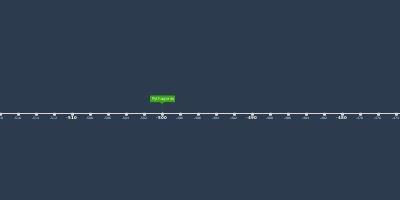Pérotin (1 gen 1155 anni – 1 gen 1200 anni)
Descrizione:
aka Perotinus Magnus (Perotin the Great), was considered by Anon IV to be best composer or discant (discantor)—even better than Leonin.Perotin inserted clausulae into Leonin’s works.
Most of Pérotin's works are in polyphonic form of discant, including the quadrupla and tripla. Here the upper voices move in discant, as rhythmic counterpoint above the sustained tenor notes. One notable technique is the "hiccup" known as a "hocket:" the rhythmic linear technique using the alternation of notes, pitches, or chords. In medieval practice of hocket, a single melody is shared between two (or occasionally more) voices such that alternately one voice sounds while the other rests.
Anonymous IV mentions a number of compositions which he attributes to Pérotin,[4] including the four-voice Viderunt omnes and Sederunt principes, and the three-voice Alleluia "Posui adiutorium" and Alleluia "Nativitas"
Aggiunto al nastro di tempo:
Data:
1 gen 1155 anni
1 gen 1200 anni
~ 45 years
